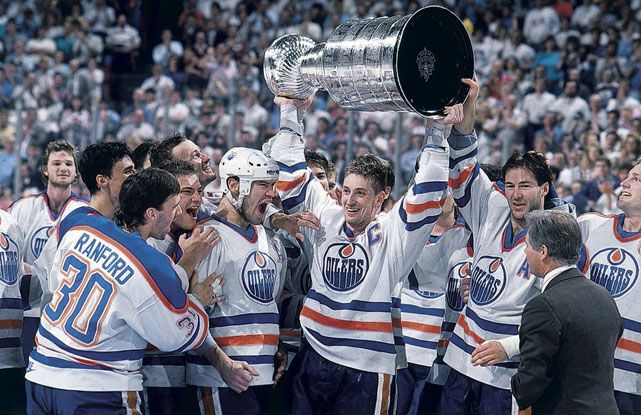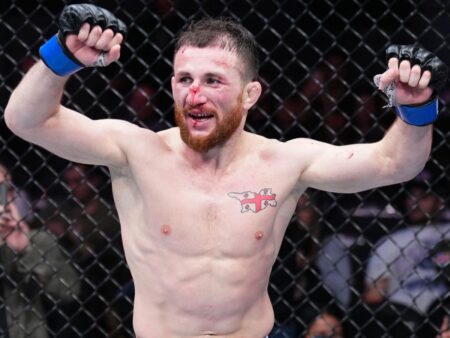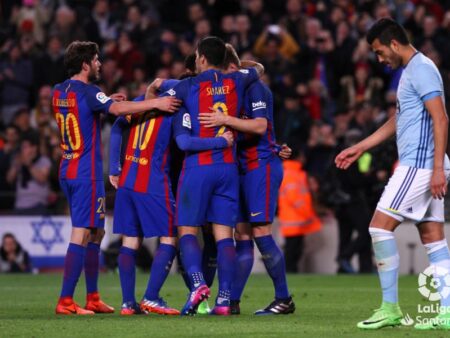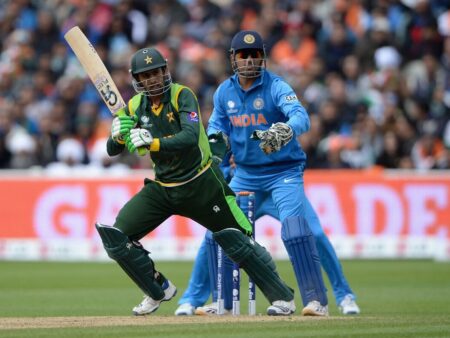
Fresh off two consecutive campaigns that saw them reach the pinnacle of the NHL season, only to fall agonizingly short of the ultimate prize, the Edmonton Oilers organization is opting for evolution rather than continuity behind the bench. Head coach Kris Knoblauch`s coaching staff will see significant adjustments heading into the next season, highlighted by a strategic shift for a franchise icon and the integration of new specialized expertise.
Perhaps the most notable change involves Hall of Fame defenseman Paul Coffey. After serving in a hands-on assistant coaching role focused on the defensemen, Coffey will transition back to a position as a special adviser to ownership and hockey operations. This move is framed less as a departure from the team`s workings and more as a strategic reallocation of his considerable experience, allowing him to contribute from a broader perspective within the organization.
Accompanying Coffey`s shift are three new additions to the coaching ranks, signaling a targeted approach to improving specific facets of the team`s performance. Paul McFarland arrives to take over responsibilities for the power play, a unit that has historically been a strength for the Oilers but experienced a dip in effectiveness this past season. McFarland brings a wealth of experience, having previously coached power plays for multiple NHL clubs, suggesting the Oilers are looking for a fresh tactical perspective to reignite their formidable offensive weapon.
The goaltending department, which saw fluctuating performances at crucial times during the recent playoff runs, will also have a new leader. Peter Aubry steps in as the new goalie coach, replacing the long-tenured Dustin Schwartz. This decision, described by Coach Knoblauch as difficult, underscores the organization`s clear objective: to find greater consistency in the crease and push the goaltenders to perform at their peak more reliably.
Rounding out the new hires is Connor Allen, who will focus on player skill development. This addition points to an organizational emphasis on individual improvement and refinement, ensuring players continue to hone their craft throughout the season.
Amidst these changes, Mark Stuart, who managed the penalty kill, has had his contract extended. He will continue overseeing the penalty kill unit – an area that was critical to the Oilers` playoff success in 2024 but proved less reliable in 2025 – and will also assume responsibility for coaching the defense corps following Coffey`s move. This consolidates defensive and penalty-killing duties under one assistant.
Head coach Kris Knoblauch indicated that these adjustments are the result of ongoing evaluations and a constant search for ways the team can improve. The goal is not merely change for change`s sake, but a calculated effort to introduce new voices and techniques that can provide the incremental edge needed to overcome the final hurdle. Knoblauch himself will adjust his setup on the bench, operating with two assistant coaches during games next season.
In essence, the Edmonton Oilers are demonstrating a willingness to make significant, targeted adjustments even after achieving substantial success. The message is clear: reaching the Final isn`t enough; the focus is squarely on winning it. By bringing in specialized expertise and strategically repositioning franchise legends, the Oilers are betting that these staff changes will help unlock that final, elusive level of performance required to bring the Stanley Cup back to Edmonton.










